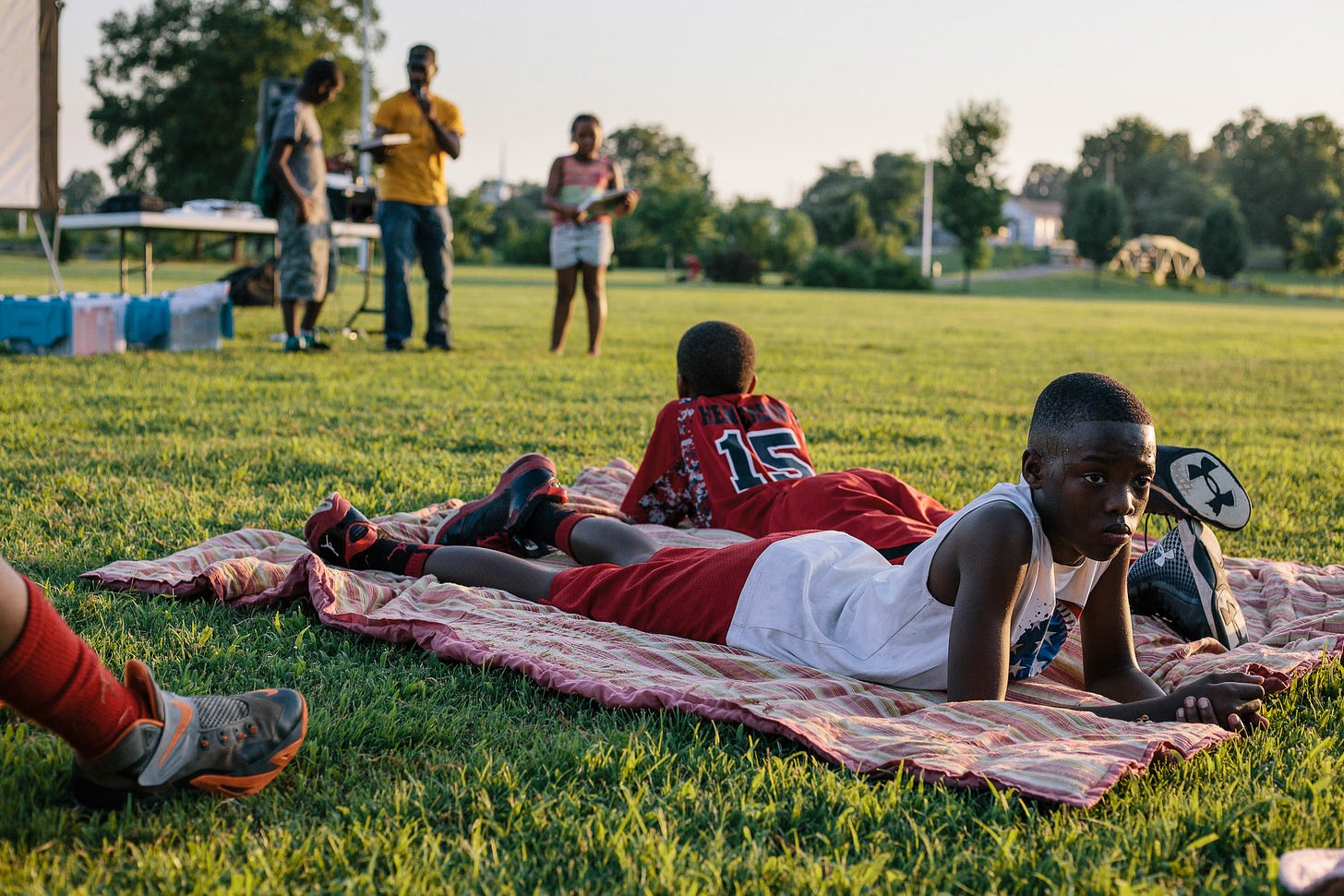For the first time in a decade, the summer has come without me wearing graduation robes. I ended my last class in the spring of 2024, giving my last lectures for the time being. Over the last year, I’ve been able to gain a bit more perspective on the act of education. Honestly, I believe now more than ever that a good education in photography is increasingly valuable regardless of if a student ever picks up a camera again.
Let me start out by saying that formal education isn’t necessarily for everyone, but the act of learning about and engaging with reality is crucial for a functional society. I still believe that the classroom is one of the best places to receive guidance through these experiences (assuming you have the right teacher). I also believe that learning about photography is much more than just career training. Rather, it is an opportunity to explore the world, both near and far, experience the complexities of humans coexisting together, and create value systems for a wide range of people, cultures, nature, and oneself.
When I first started in the university, my mission was to generate excellent photographers. One of the painful gifts of teaching at a small liberal arts college was the sobering reality that almost none of my students were seriously interested in pursuing a career in photography. So what was the point of me standing up in front of these students? What was I really doing there?
The real question soon hit me. If none of these students were to pick up a camera again, what would I want them to take away from this experience? I don’t know if many teachers take a step back to ask that question very often. For me, the answer was in my own reasoning for picking up the camera in the first place.
The camera is a means to an end for me. As a younger person, I didn’t understand that photography was a shield for a scared, shy, damaged kid that desperately wanted to connect with the world outside of the safety of his bedroom. The camera allowed me to meet people from a myriad of cultures, even within my city limits. It forced me to contend with my own presuppositions and bigotry, while working towards acts of belonging.
Do I still need a camera to do all of these things? Of course not. So why is a photographic education more important now than ever?
There is no algorithm to control and curate your lived experiences in the real world. When you walk through a new neighborhood, there is no AI chatbot reflecting back your own voice and desires. When you accidentally start a conversation with a stranger with an unfamiliar accent, you aren’t swiping up into some new glowing rectangle of brain rot. It really is important to just talk about the weather while you stand in line for shaved ice.
I’ve lost track of how many students born after the year 2000 that I’ve taught. The erosion of social awareness and engagement has grown exponentially, especially from the COVID lockdown during those pivotal developmental years. It isn’t their fault that most of their lives were spent on corporately curated screens, shaping their very understanding of reality.
We spent thousands of years as hunter gatherers in the wilderness, so it shouldn’t come as a shock that we as a species gravitate towards the least amount of effort spent for the highest amount of satiation. How do we fight against siloed belief systems, fake news, and algorithmically induced radicalization? It sounds ignorant to say that taking a photography class would be more than a waste of time, but over and over again I hear from students that say differently.
You can learn how a camera works on YouTube. You can read articles on the best lighting techniques, or lens choices, or print processes. You can even be a financially successful photograph maker. But in my classroom, none of that really mattered. Inside those four beige walls, I had a chance to open the world up to a student. The camera was just an excuse to be alive and make a record of that act of life. It wasn’t content creation. It was being.
So yeah, maybe photography is just an excuse to actually be a normal human. I’m sure a lot of people may not need that excuse, but I did. And I think that there are a lot of people that need that excuse, too.
All the best,
Aaron
P. S. To my teachers out there, I know the academic world in America is a terrifying place to be right now. You have such an important role, giving your students a chance to live a more rich and realized life. Keep your chin up and let me know if I can help.






I always looked forward to your lectures. Learning about different photographers felt like stepping into someone else's reality for a little while. Glad I had that amongst all the other classes.
Very grateful to have been in your last class before you left. You truly challenged me to see the world through a different lens.